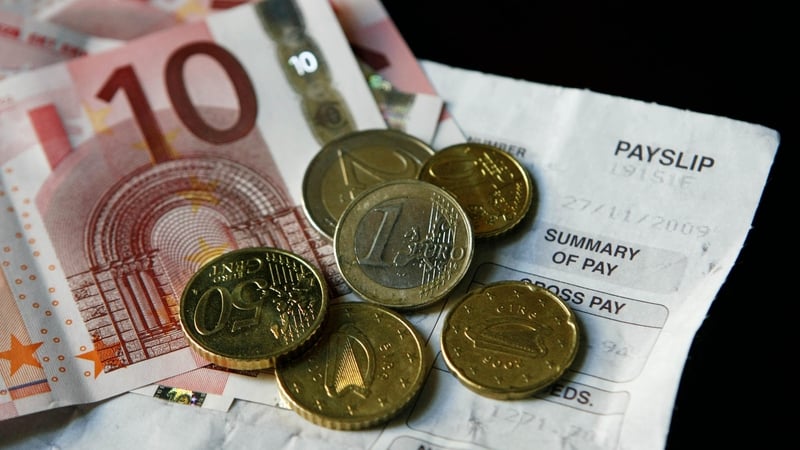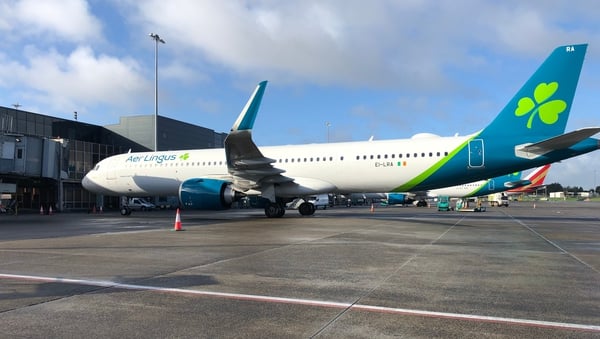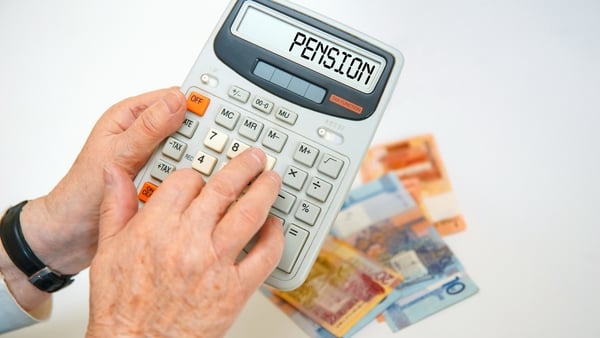More than 60,000 public servants recruited since 2011 on lower pay will gradually see pay improvements from today.
The pay increases, which are about €3,300 on average, are part of the implementation of a deal to address pay inequality.
During the economic crisis, the Government slashed the pay scales for all "new entrants" by 10%.
Many have now been on those lower rates for over seven years, despite doing the same work as their pre-2011 colleagues.
Many of them, particularly teachers, lost out again when valuable allowances were abolished for post-2011 recruits.
The current Public Service Stability Agreement provided for a process to examine how to address the two-tier pay structure that resulted.
Last September, it was agreed that the new entrants would effectively skip an increment at the fourth and eighth points of their pay scale, helping them to gradually catch up with their better paid colleagues.
However, they would still commence on the lower starting point introduced in 2011 and would receive no compensation or back money for the period when they were on lower pay.
We need your consent to load this rte-player contentWe use rte-player to manage extra content that can set cookies on your device and collect data about your activity. Please review their details and accept them to load the content.Manage Preferences
The new arrangements are set to benefit more than 60,000 employees, including more than 16,000 teachers, almost 10,000 nurses and around 5,000 Special Needs Assistants.
Announcing the measures last September, the Government calculated that the measures would cost €75m over the course of the PSSA, which expires in 2020, and €190m by 2026.
It estimated that by this September, a teacher recruited in 2011 would see a pay rise of €3,600, a teacher hired in 2014 would earn an additional €1,500 a year, while someone recruited in 2016 would receive an additional €1,000.
These increases would be on top of pay rises already scheduled under the Public Service Pay Agreement.
The Government also estimated that 58% of new entrants (35,750 workers) would benefit from the deal in year one and 78% (47,750 workers) - by year two.
However, the new entrants deal did not prove universally popular, and a number of unions, including the Association of Secondary Teachers, Ireland, the Irish National Teachers' Organisation and the Irish Nurses and Midwives Organisation, rejected it on the grounds that it did not restore full pay equality.
The teacher unions have not ruled out balloting for industrial action, but the Government has stressed that the new entrant benefits are restricted to groups who remain within the PSSA, including its industrial peace clause.
The INTO has said it will not give up its campaign for full pay restoration as its members remain outside today's partial pay restoration.
Sheila Nunan of the INTO said that the cuts impacted disproportionately on teachers and while others would get back two increments of pay today, some teachers were still looking for €1,500 that has been left out of the agreement.
Speaking on the RTÉ’s Sean O'Rourke programme, Ms Nunan said that the INTO remains encompassed by the existing agreement "until we put ourselves out of it".
However, she said they have fought "tooth and nail" since 2011 for full pay restoration and are in talks with the Government to see if it can deliver the final part of the agreement.






